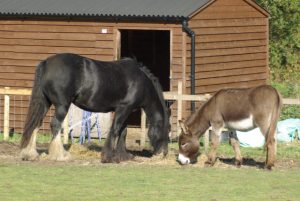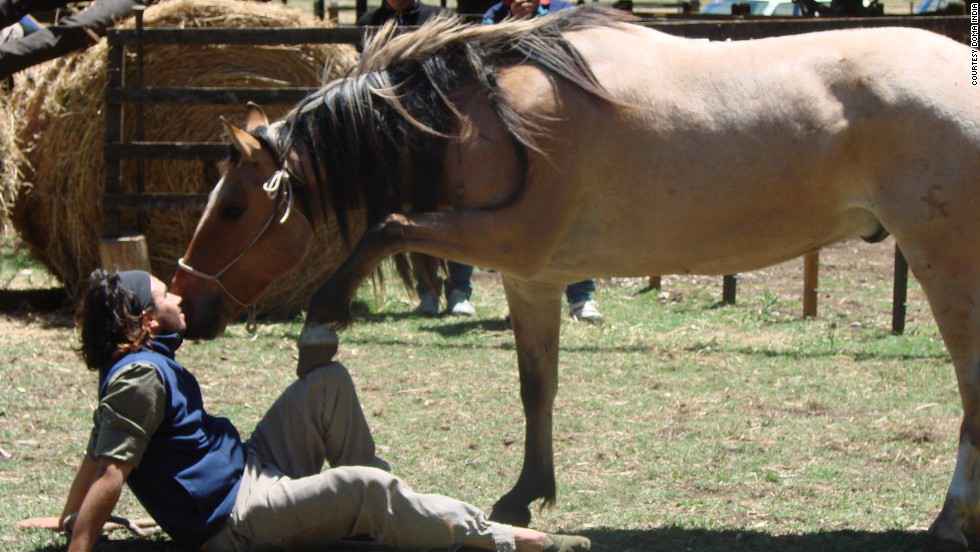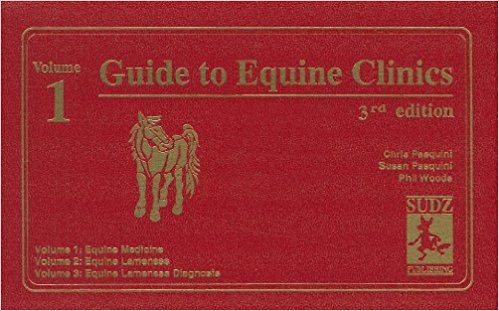At first look, donkeys and horses look genuinely comparable. Despite the fact that they do have a few things in like manner, these two animals are quite distinct. They both have a place with the genus Equus, however you’ll see them simple to differentiate.

DONKEYS and HORSES DIFFERENCES & SIMILARITIES
Physical Similarities DONKEYS and HORSES:
Horses and donkeys have a scope of evident physical similitudes. They’re both four-legged, hoofed warm blooded animals. They have brooding looks, large ears and long backs with tails toward the end of them. Their eyes and ears are situated in comparable areas and they both have manes running along the highest points of their necks.
Physical Differences DONKEYS and HORSES:
In spite of their physical likenesses, numerous distinctions likewise exist. donkeys have noticeably longer ears, while stallions have a tendency to have longer faces. The hair making up donkeys’ manes and tails is hardened and bristly, though stallions’ manes and tails have milder and all the more flowing hair. Donkeys have smaller feet than horses of a practically identical size, and the frogs of the hooves are set in an all the more caudal position. donkeys’ backs are flatter than stallions’ and usually can’t hold a saddle.
Behaviour:
Both horses and donkeys are social animals, however stallions are actually herd creatures and want to live in a bigger gathering, though donkeys tend to combine off and frame a solid bond with only one other of their kind. Steeds have a to a great degree solid flight reaction and will keep running from any apparent threat, yet donkeys are harder to startle and will consider the hazard before they choose to either run or stick around.
Chromosomes
Horses and donkeys contrast on a hereditary level: horses have 64 chromosomes and donkeys have 62. At the point when a horse is bred with a donkey to deliver a mule (male donkey, female steed) or a hinny (male steed, female donkey), the newborn have 63 chromosomes. In view of their folks’ contrary chromosomes, these animals are by and large sterile. So in the event that you attempt to breed two mules with each other, you’re not going to have much good fortune.






